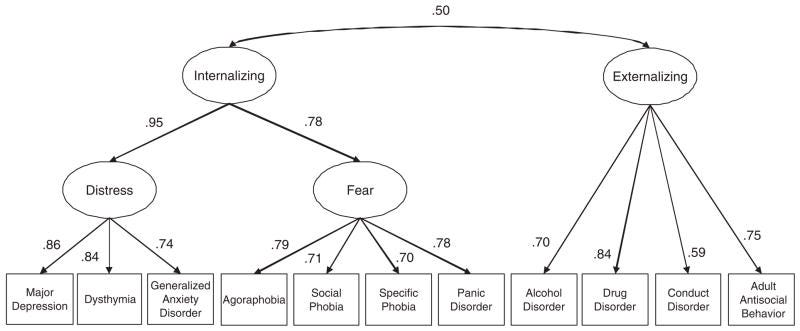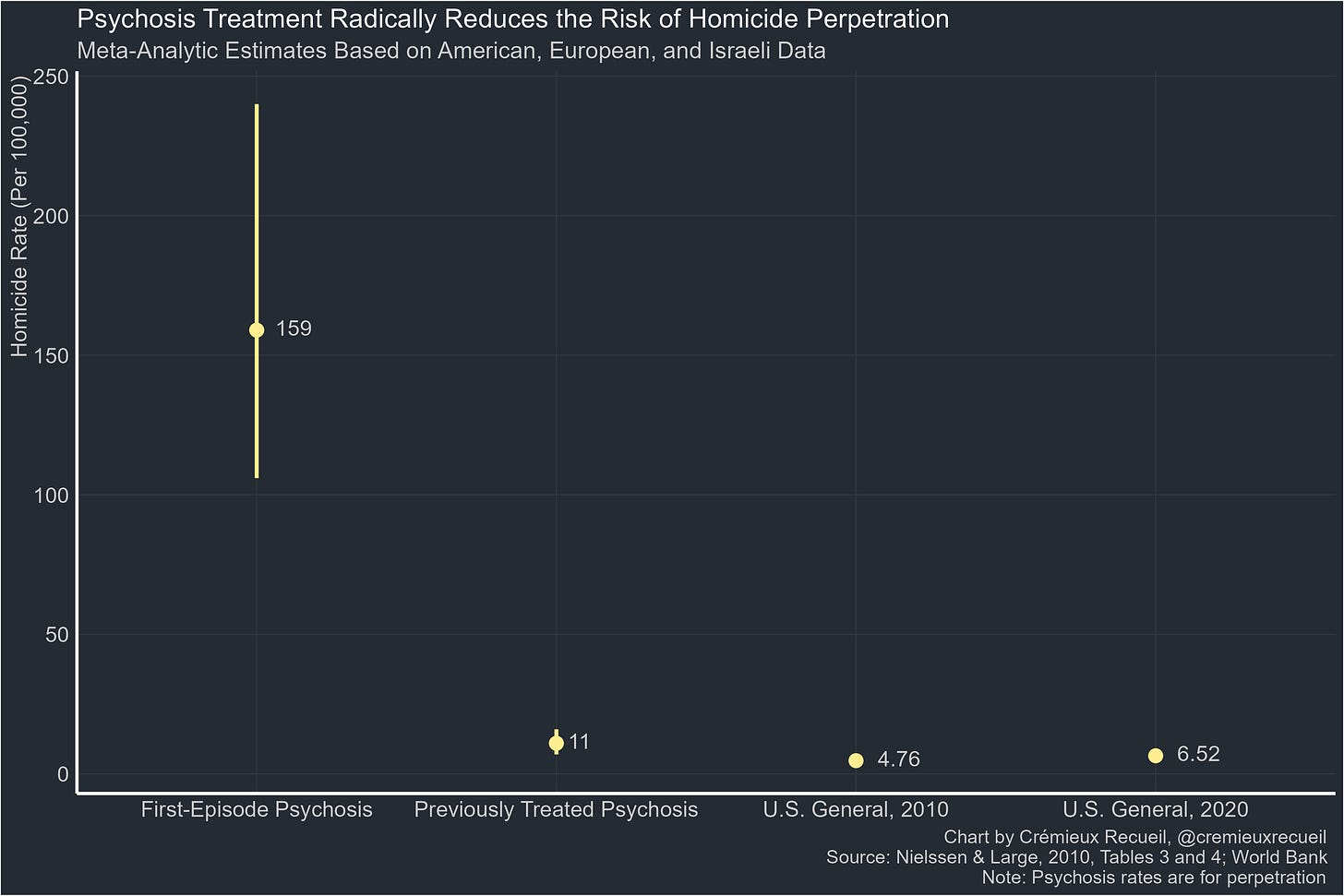Overview
Psychopathology is the branch of psychiatric science that studies mental illness. The field as a whole includes the study of cognition and abnormal mental states, all pathologies, or mental disorders, as well as maladaptive behaviors and experiences that diverge wildly from the spectrum of existing social norms.

Criminal psychology is related to forensic psychology, but typically focuses more directly on criminal behaviors, and the relationship between psychiatric disorders and criminal behavior. Criminal psychology is also focused on profiling criminal offenders.
Forensic psychology focuses more on the intersection of psychology and law, and forensic psychologists often working as jury consultants and also evaluating the competency of the accused to help determine whether a defendant should be held criminally liable for their actions.
This article is extremely thorough, expansive, and divided into two sections:
Section 1: The psychopathology of the criminal mind, which is an overview of the primary psychopathological components of criminality and general violence, beginning with a look at false claims from major organizations that mental illness has little or no relationship with criminality.
Section 2: The psychopathology of serial killers, which is a detailed look at the primary motivations, personality components, and psychopathologies of serial murderers and mass murderers as a group.
The Psychopathology of the Criminal Mind
Many people have falsely claimed that it is a myth that people with mental illness are more likely to commit crimes than people without mental illness. The Association of Healthcare Journalists claims in an article written by Katti Gray that “Several studies have shown that the opposite is true.”
In the same article, Gray also claims that “most crimes are committed by people who have no mental illness diagnosis; and people with mental illness are more likely to be crime victims than perpetrators,” and that “those with schizophrenia and related psychotic disorders are the likeliest of all people with mental illness to commit crimes.”
These claims are mostly false, and the reality is more complicated, although it is true that most people with mental illness will never commit a crime, and that psychosis has been shown to greatly increase the risk of homicide. In particular, during initial psychotic events the homicide rate is nearly 15 times greater than after treatment, and it’s significantly higher compared to subsequent psychotic episodes even in the absence of or discontinuation of treatment as well. Chart courtesy of the excellent Cremieux.




